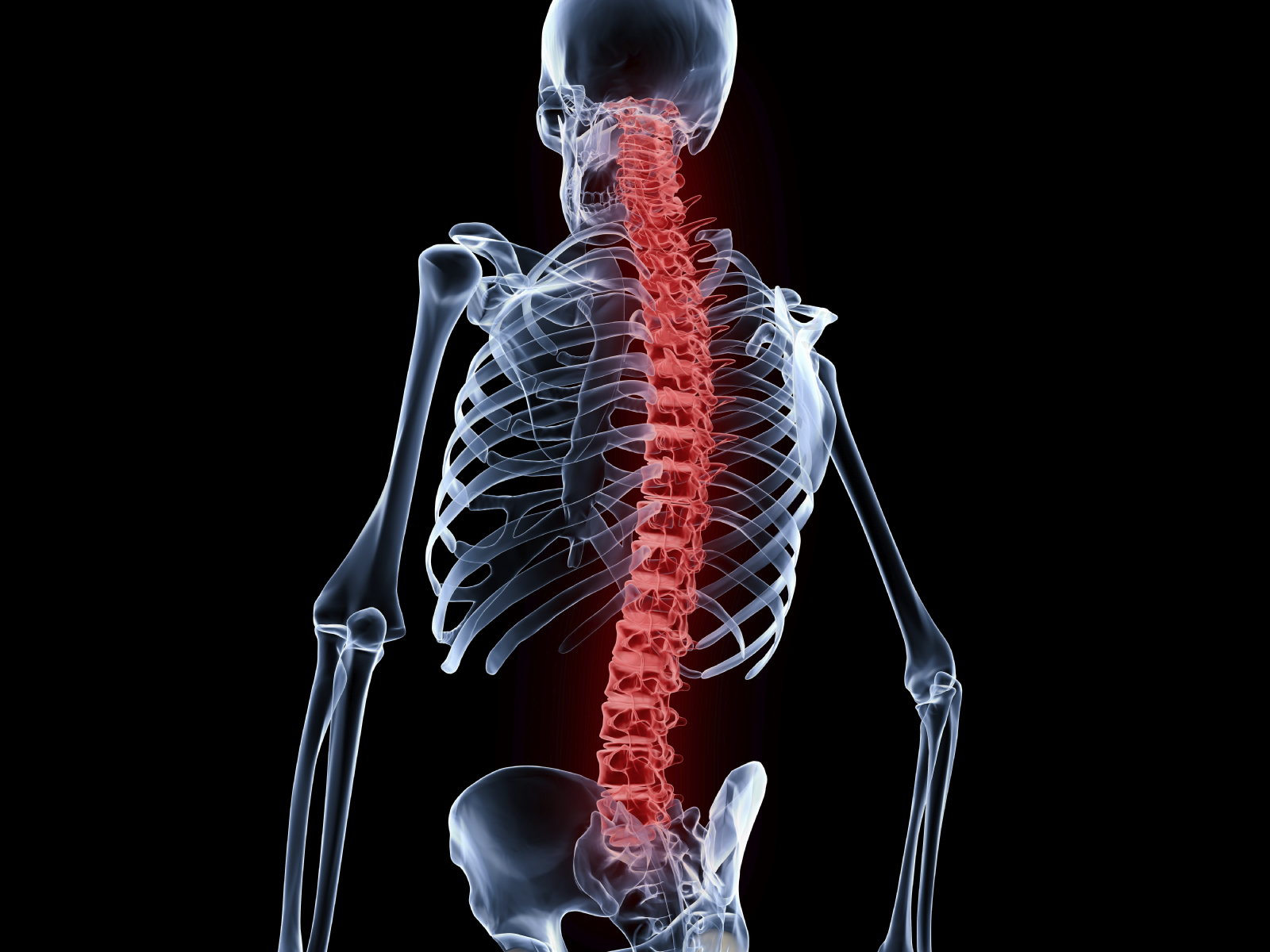Kaia to develop back pain app for US market after trial success

Digital therapeutics company Kaia Health has announced results from the first randomised controlled trial of its back pain app – showing that the therapy significantly reduced lower pain levels compared with a control group treated with physiotherapy and online education.
Kaia’s trial is small, with 42 patients treated with the back pain app, and 44 in a control group involving a standard therapy programme consisting of six once-weekly in-person physio sessions guided by a certified therapist.
But results are strong enough to convince the company to continue development for the US market, where it is looking to begin a similar trial.
In Europe, Kaia is regulated as a Class 1 medical device, and the company is working with the FDA to seek regulatory approval in the US.
In the latest trial results, the control and Kaia app treatment groups experienced significant pain reduction over the course of 12 weeks. However, after three months, patients using the Kaia app reported a substantially larger decrease in their back pain intensity than control group patients: 2.4 vs. 2.0, respectively, on a numeric rating scale ranging from 0 to 10 (where higher numbers represent more pain).
The decrease suggests that Kaia may be an effective treatment for low back pain over a three-month timeframe, the company said.
Kaia’s founder and CEO Konstantin Mehl said: “While these study results are promising, we will be initiating a similar US-based study looking at the use of the Kaia app for self-management of back pain.”
Thomas Tölle, head of pain medicine at Technical University Munich, Germany, said: “This study can help add to the growing body of evidence that generally supports the use of multimodal treatments for chronic conditions.
“Within this study, we saw a notable benefit for people managing low back pain when delivering multimodal treatment through the digital modality of the smartphone, as is done in the Kaia app.”
Finding new ways to treat pain is a priority for governments and health systems that are trying to find alternatives to addictive and potentially deadly opioid painkillers.
Low back pain is one of the leading causes of global disability, and treatment is expensive.
According to the UK's Office for National Statistics, back, neck and muscle problems account for almost 31 million days of work lost in 2013 costing the UK economy £14 billion per year - with an estimated one-third of the UK adult population affected by back pain annually.












